Do You Remember the Opening Pages of Your Favorite Novels?
Does a crackerjack opening guarantee a good book?
When I recall my best-loved novels, I think of the stories and the characters, maybe a few snatches of dialogue. I can generally summon up their most splendid scenes. But as much as I treasure my favorites, I don’t always remember what happened in the first few pages. How did they begin?
However, if you decide to write a novel, you’ll quickly learn that agents and editors put great store on your “opening pages,” as do many readers. Authors often invest far more time on their first chapter and initial paragraphs than on any other section of their book. I certainly did.
I’ve been pondering the emphasis we put on “opening pages” because I’m reading Julian Barnes’ The Man in the Red Coat. It’s a witty, ironic, erudite meditation on La Belle Epoque. Barnes begins this way: ‘In June 1885, three Frenchmen arrived in London. One was a Prince, one was a Count, and the third was a commoner with an Italian surname.” His opening paragraph adds a little more detail.
I’m intrigued.
But in the next paragraph, Barnes writes, “Or we might begin in Paris the previous summer, with Oscar and Constance Wilde on their honeymoon.”
To my mind, that would be even better.
Barnes then follows with another four paragraphs suggesting alternative beginnings—all of them potentially absorbing. He’s demonstrating the author’s dilemma. Your opening pages are a bet on what will engage your readers most.
No Shortage of Advice
Writers can participate in workshops aimed at improving their book’s initial paragraphs. Editors and coaches zero in on them. Once the book is out, bookstore customers skim them. E-book buyers can sample them before deciding to make a purchase. There’s no denying they’re important.
While there’s no single formula for “great opening pages,” here are some common suggestions:
Be sure to include a hook. The hook is a sentence or two designed to grab the reader’s attention, frequently something odd or menacing. My nominee for the greatest of hook of all time is George Orwell’s opening to 1984: "It was a bright cold day in April, and the clocks were striking thirteen.” You can’t just leave that lying there.
Begin with the inciting incident. The inciting incident is the event that propels the plot. Mysteries offer the clearest examples because they generally begin with someone finding a body. The rest of the book follows from there. In Pride and Prejudice, Mrs. Bennett and her five single daughters learn that two rich bachelors, Mr. Bingley and Mr. Darcy, will be staying nearby. The men’s arrival ignites the romantic ups and downs.
Introduce your characters and setting, but no long descriptions, please. Most authors want to provide a few basics about their protagonist and where the story will unfold. But beware of too much detail. Literary agent Laura Williams of Greene & Heaton makes this point: “I want to dive straight in. I hate being given a description of a character or their clothing or the landscape or whatever . . . I want something to happen on the first page.” As a reader, I completely agree.
Start in the middle. For anyone who admires the classics, the lesson would be to start in medias res. In case you’ve forgotten, both The Iliad and The Odyssey begin long after the start of the Trojan War. The Iliad plops us into a feud between Achilles and Agamemnon during the siege of Troy. Odysseus is stranded on an island with the goddess Calypso; he’s yearning to return home to Ithaca. Literary coach Tom Bromley defines in medias res as “beginning a story in the middle of the action and answering the reader's questions through flashbacks or dialogue.”
Be surefooted. Agents and editors often look for proof that “the author knows exactly what they are doing and where the story will go” (Jenny Savill, Andrew Nurnberg Associates). For my own novel, The Queen’s Musician, I wrote the first chapter after I had outlined, developed, rewritten, edited, and polished my basic story. Then of course, I repeatedly revised my opening pages. I couldn’t tell you how many times.
How many people can you please?
In the end, authors have to figure out how to act on this wealth of advice. Your book’s opening pages will undoubtedly affect its fate. But I also question the degree to which an amazing opening guarantees a great book. To me, falling in love with a novel is like falling in love with a human being. Sometimes, it’s love at first sight. Sometimes love comes slowly after a lackluster initial encounter.
Here are two openings I’ve remembered over the years. Both are unforgettable, but my views on the books differ:
1. Hilary Mantel’s Wolf Hall. An unidentified voice says, “So now get up.” A father is beating his teenage son. The boy is “felled, dazed, silent, he has fallen; knocked full length on the cobbles of the yard . . . his left eye is blinded; but if he squints sideways . . . he can see that the stitching of his father’s boot is unraveling.”
The victim is the young Thomas Cromwell, and Mantel’s opening is riveting. But despite being wild about Tudor history, Wolf Hall is not one of my best-loved books. It just has one of my best-loved beginnings.
2. Stephanie Cowell’s The Players. Cowell’s opening is so stunning that I will use her words, not mine. In the prologue, Shakespeare recalls an evening with two people he has loved, the dark lady and the fair youth:
“And we stood at last with some discomfort and stiffness, reluctant to leave the last crumbs of this night which seemed a part of all such nights which might ever have been . . . When was the last evening? . . . the last quarrel, the dregs of the wine, the last rind of cheese, the last creak of the shutters? Did they cease or did they fade? And why did I cherish them so, imperfect as they were? Because I think, my dear, I truly believed in those moments that none of us would ever grow weary of the other or grow older. I truly believed it.”
Cowell’s words and images are gorgeous. This opening scene is humane and wise, as is the novel itself. I loved The Players from beginning to end.
Now it’s your turn:
· How much do a book’s first few pages matter?
· What do you think of the expert advice?
· Do you have some favorite openings you’d like to mention?
A glamorous queen, a volatile king, a gifted musician concealing a forbidden romance. Everyone knows Anne Boleyn’s story. No one knows Mark Smeaton’s.
On May 17, 1536, a young court musician was executed, accused of adultery and treason with the queen. Most historians believe both he and Anne Boleyn were innocent—victims of Henry VIII’s rage.
Kirkus Reviews
“Original and worthwhile . . . A thoughtful, dramatically gripping work of historical fiction.”
BookLife Reviews
“Little is known about Mark Smeaton beyond his tragic fate. Yet Johnson imbues him with depth and dignity, transforming a historical footnote into a fully realized character whose story lingers long after the final page.”
Five Stars from Readers’ Favorite
“In one of the most savage moments in history . . . a heartfelt and thoughtful tale of the fragility of love. Very highly recommended.”
Five Stars from Whispering Stories
“The background research necessary to weave together fact and fiction has been extremely well done . . . The scene-setting was excellent.”
Tudor Blogger
“A brilliant book which captures the uncertainty and fear of the late 1520s and 1530s . . . an emotional story told very skillfully.”

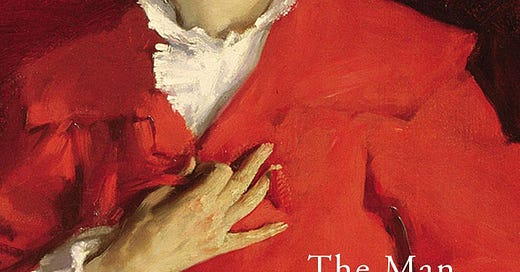



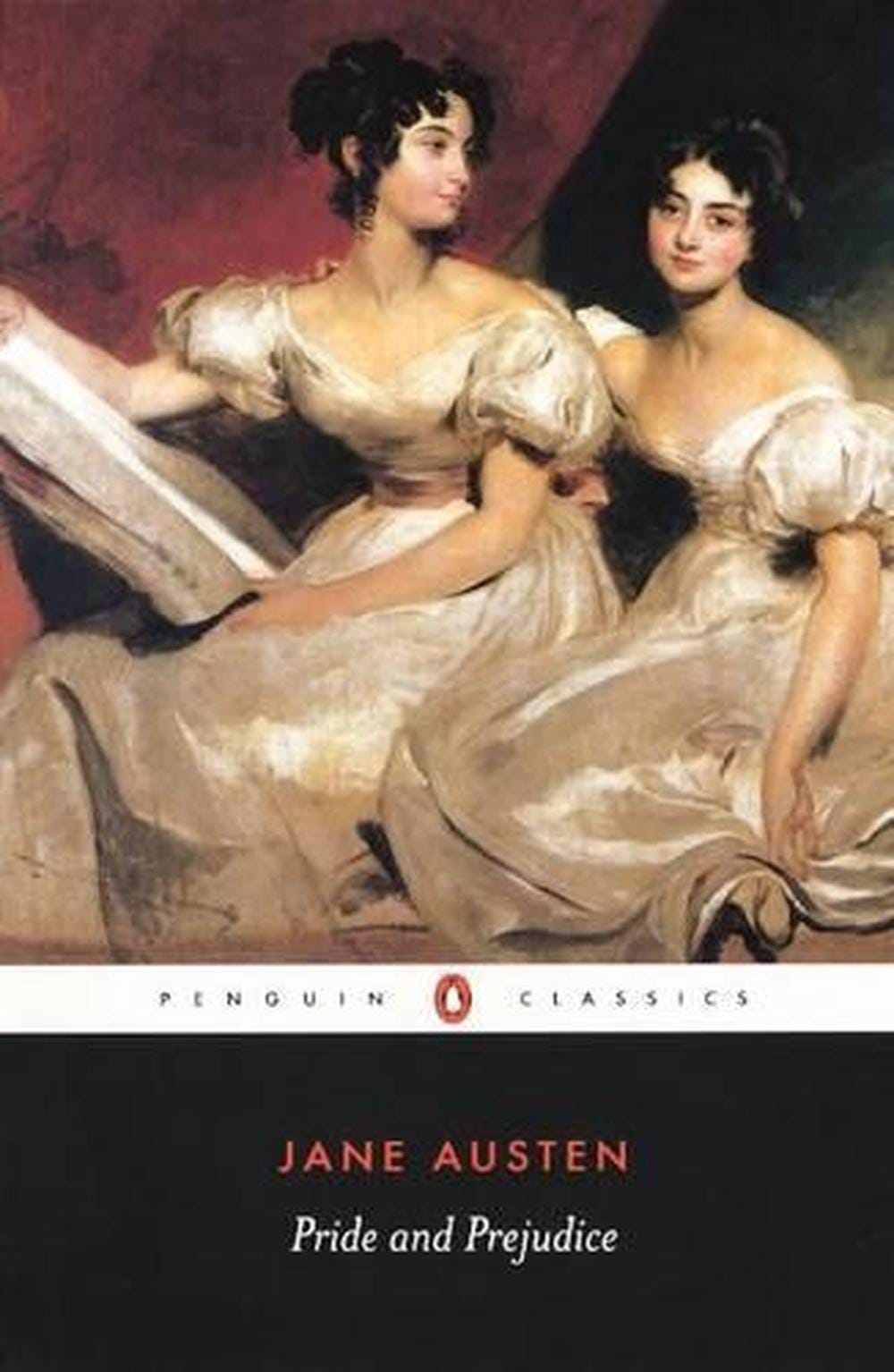
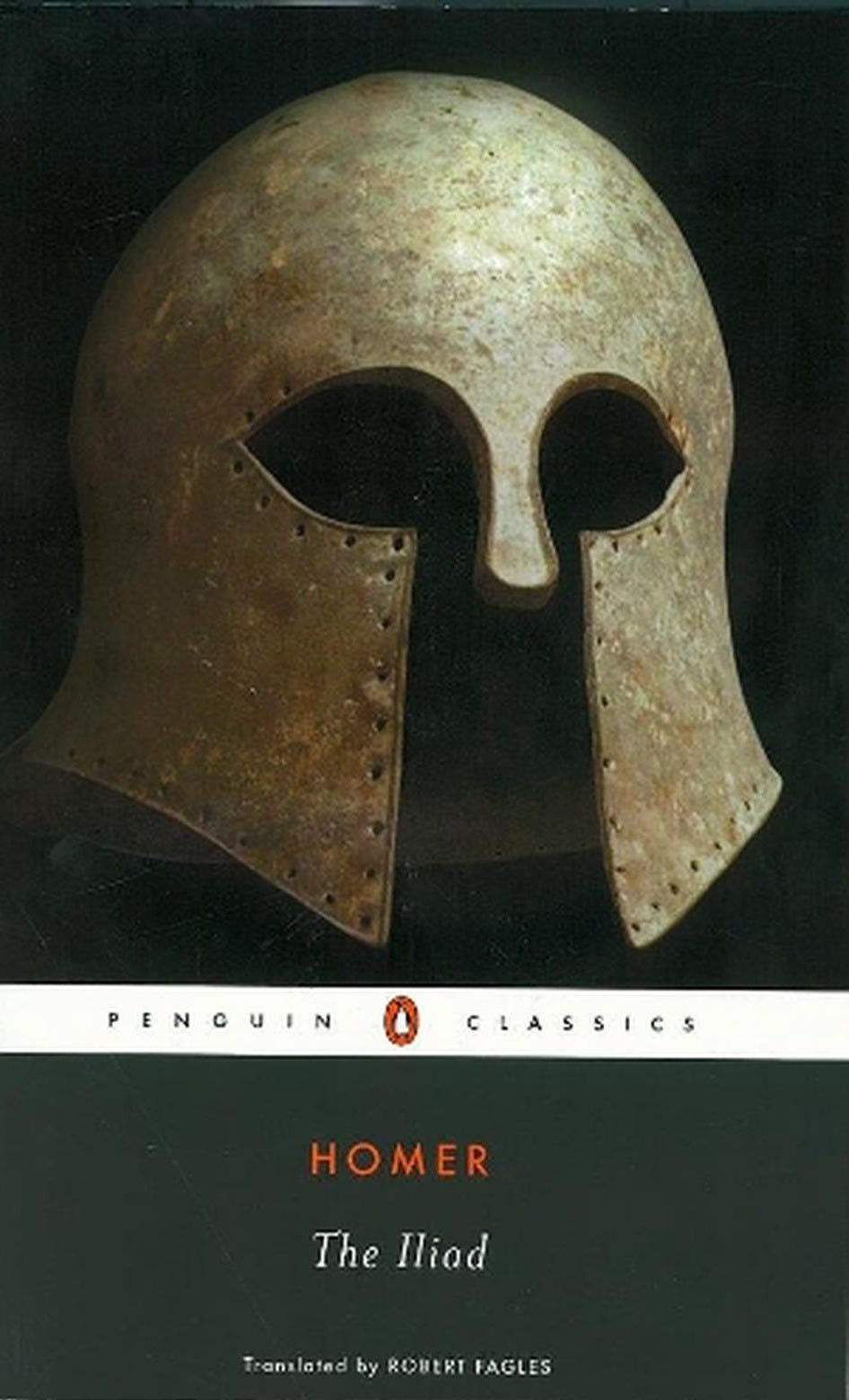
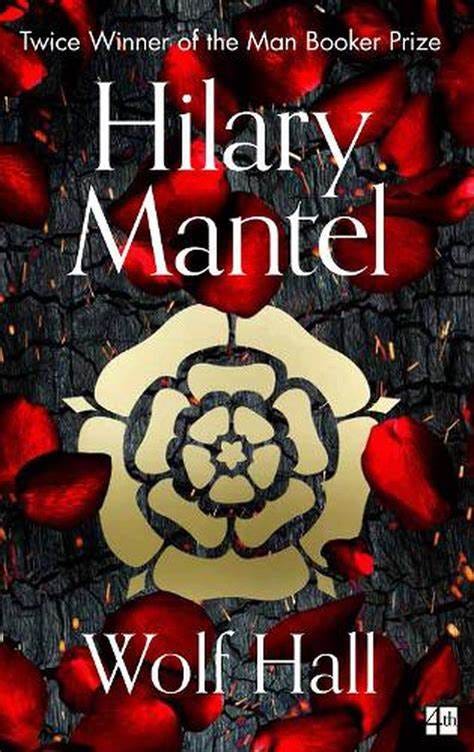
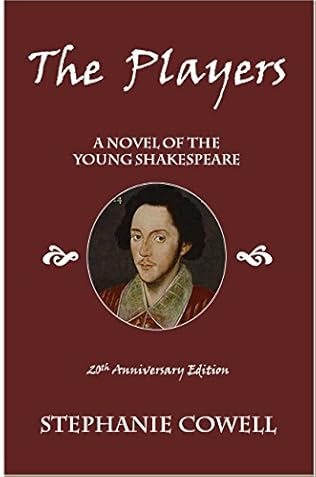
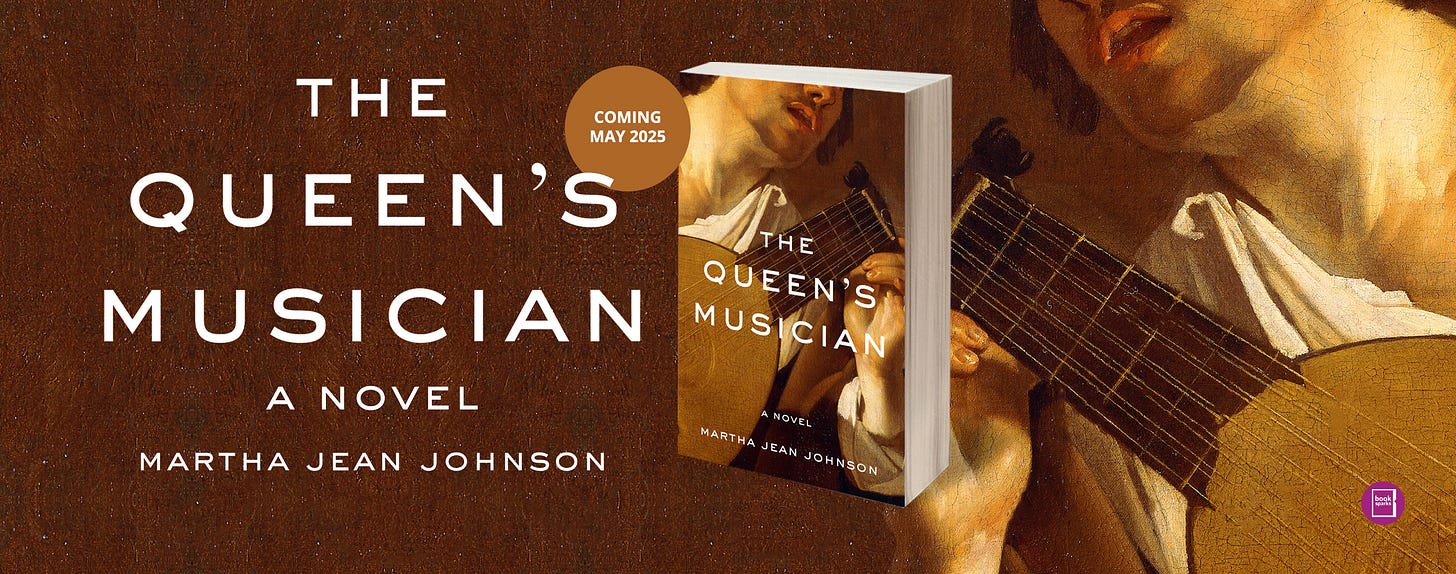
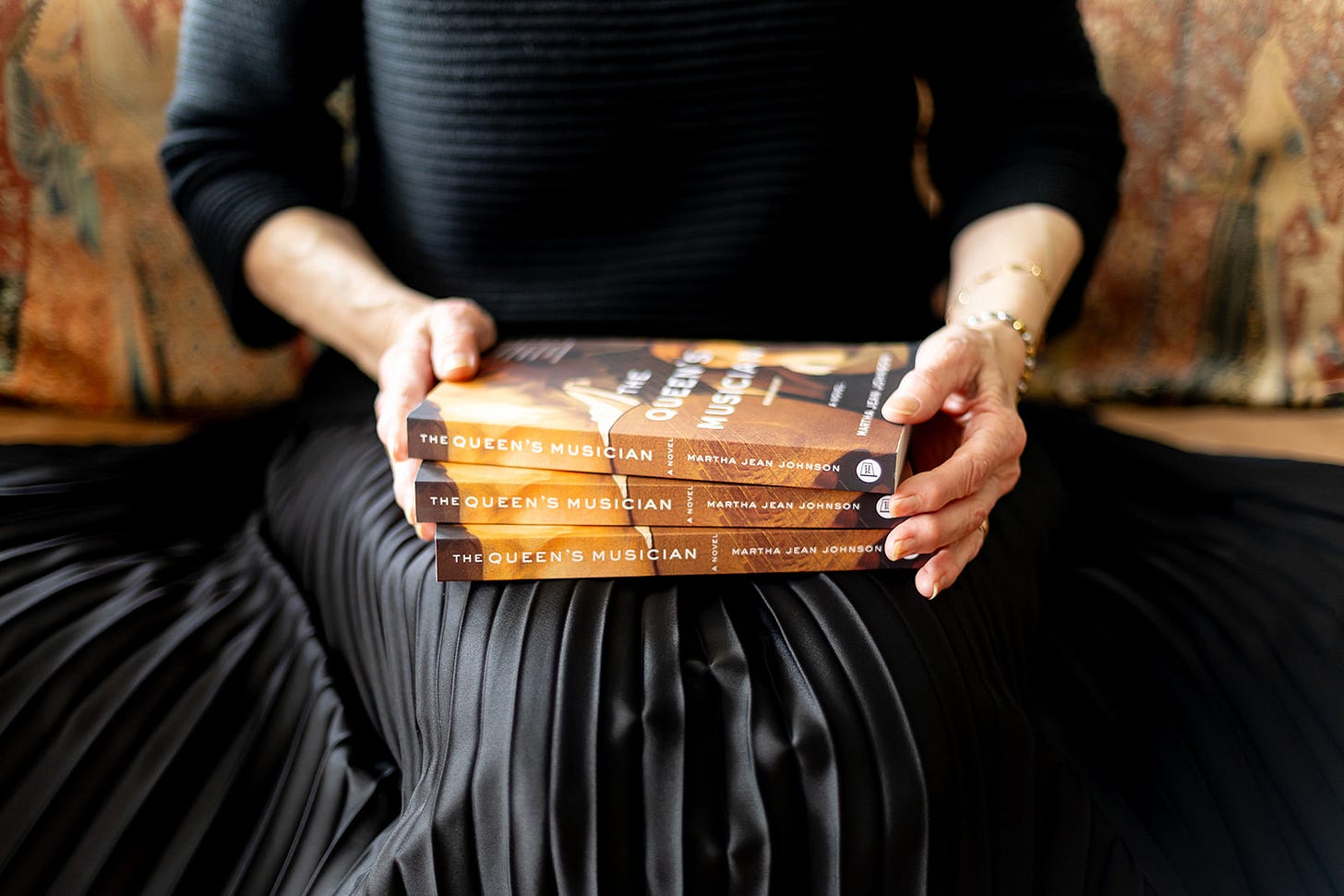
And now I am expecting you will write a piece on "endings", for example the multiple endings of The French Lieutenant's Woman or Henry James last sentence in The Turn of the Screw. Does Miles die at the end of the story?
At the story’s end, Miles collapses. Following this collapse, the narrator states “his little heart, dispossessed, had stopped,” There are a few of us readers who first read the last pages, paragraphs or sentences. Shameful, I know.
This was a very thought-provoking post, Martha, especially for someone like me who is on the cusp of becoming a published author-- with a good dose of luck ( ;